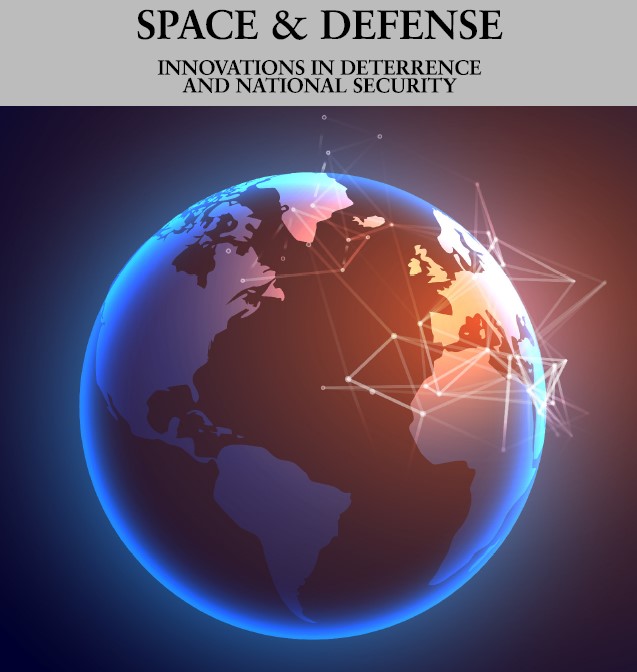Space and Defense

Abstract
Student Voices
Investigating potential connections between mass atrocity and climate change reveals that the vulnerability of food systems may be valuable predictive factor in understanding which states will respond to climate change with violence.
An ongoing study by Dr. John Riley and Lt Col. William Atkins shows that strong states tend to be able to cope well with the effects of climate change and not turn to violence. They also argue that the weakest states are already broken and on the path of committing a mass atrocity regardless of the effects of climate change. This leave a middle section of sates who are not too weak and not too strong. When some of these middle states experience the impacts of climate change, they turn to mass atrocity. These climate change-induced mass atrocities may occur due to the state's inability to provide for a displaced and needy population or the unwillingness of their leaders to deal with the situation. Whatever the reason may be, the response seen in the middle section is inconsistent; two states may appear similar by certain broad metrics, but only one of them commits a mass atrocity. The next question at hand is why we see this inconsistent response in this "Goldilocks zone."
DOI
10.32873/uno.dc.sd.13.01.1059
Recommended Citation
Jenkins, Jesse
(2022)
"Climate Change as a Dangerous Accelerant of Mass Atrocity,"
Space and Defense: Vol. 13:
No.
0, Article 8.
DOI: 10.32873/uno.dc.sd.13.01.1059
Available at:
https://digitalcommons.unomaha.edu/spaceanddefense/vol13/iss0/8
Included in
Asian Studies Commons, Aviation and Space Education Commons, Defense and Security Studies Commons, Eastern European Studies Commons, International Relations Commons, Leadership Studies Commons, Near and Middle Eastern Studies Commons, Nuclear Engineering Commons, Science and Technology Studies Commons, Space Vehicles Commons
